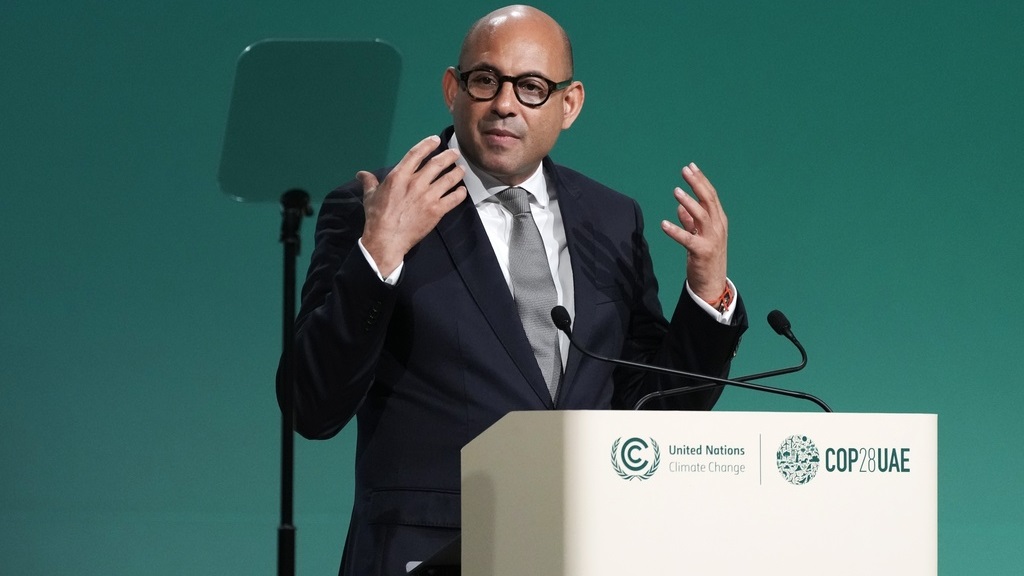Simon Stiell, the UN Climate Change Executive Secretary has said that there is an impelling need to improve global climate finance to prevent the collapse of the economies of all countries, developed and developing.
“International climate finance must grow up, step up, and scale up, to meet this moment,” Stiell stated in his remarks to Brookings Institution’s Global Economy and Development Programme virtual event on Thursday 17 October, 2024.
Stiell talked about where the global community is on climate finance, where it is going, and where it needs to be. The changes to make and the actions to take to get finance flowing to every sector of every economy.
Stiell referred to a statement by the Organisation for Economic Co-operation and Development (OECD), which said in 2022 developed countries provided and mobilised more than $100 billion in climate finance to developing countries.
He said, “We simply can’t afford a world of clean energy haves and have-nots. In a two-speed global transition, pretty soon everyone loses.
“Because we can only prevent the climate crisis from decimating all economies – including the largest – if every nation has the means to slash greenhouse gas pollution and boost climate resilience.
Read also: Study: Urban green spaces play vital role in cutting heat-related deaths
“So, we know trillions more are needed. Doing so is a crucial investment to protect the global economy, and will be a fraction of the costs every nation will pay if we allow the climate crisis to keep running rampant, devastating more and more lives and livelihoods every year.”
On the next step to ensure a transition where more countries and companies benefit, and where all peoples and communities are protected, he noted that, “In the past decade we’ve seen some real progress. Over a trillion dollars was invested in climate action last year globally. Up from a few hundred billion a decade ago.
“We got this far because first-movers and smart governments – who had the means – seized their chance. They saw the opportunity and grabbed it. But relative to where we need to be – this is nowhere near enough.
According to him, “This year we’ve seen hundreds of billions of dollars of damage to countries rich and poor. So many have suffered from Hurricane Milton and Helene’s devastating damage. My own home island of Carriacou took a direct hit from Hurricane Beryl only a few months ago.
“And even those who’ve avoided direct damages have been hit hard by inflation as supply chains are blocked and broken.”
Story was adapted from the Guardian.
